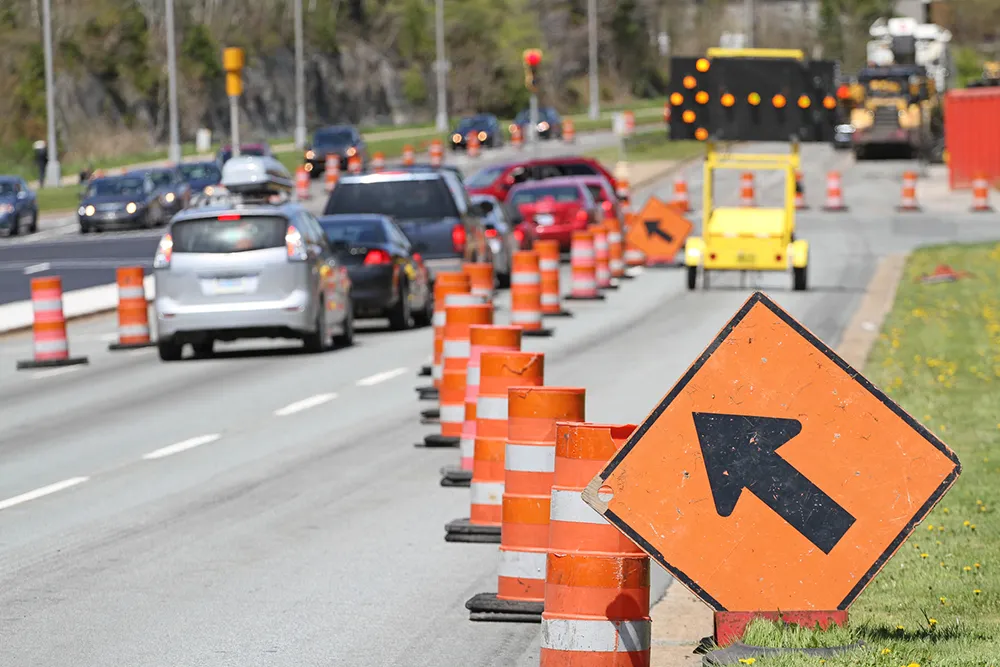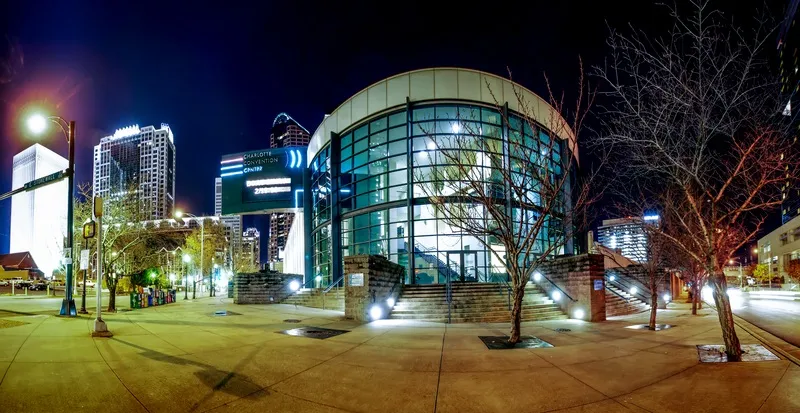The US Department of Transportation (DOT)’s Federal Railroad Administration (FRA), the State of North Carolina and the Commonwealth of Virginia have signed off on the Final Environmental Impact Statement (FEIS) for the proposed Richmond to Raleigh (R2R) passenger rail line along the Southeast Corridor. The completion of the FEIS is one of the final steps necessary before construction of the project can move forward once funding is secured.
The 162-mile route between the two cities would utilise existing
September 21, 2015
Read time: 2 mins
The 324 US Department of Transportation (DOT)’s Federal Railroad Administration (FRA), the State of North Carolina and the Commonwealth of Virginia have signed off on the Final Environmental Impact Statement (FEIS) for the proposed Richmond to Raleigh (R2R) passenger rail line along the Southeast Corridor. The completion of the FEIS is one of the final steps necessary before construction of the project can move forward once funding is secured.
The 162-mile route between the two cities would utilise existing and former rail lines for approximately 60 per cent of the route and is planned to be free from at-grade crossings of track and roads. This route is part of a larger multi-state planning effort to provide high-speed passenger service between Washington, D., and Atlanta. In July, US Transportation Secretary Anthony Foxx announced that the Department of Transportation would invest approximately US$1 million to develop a regional long-term vision for the corridor and engage states and stakeholders to help the region form a governance organisation that can sustain planning efforts and implement the vision.
“Without a strong passenger rail system, the Southeast’s growth will be choked by congestion for a very long time,” Foxx said. “North Carolina, Virginia and the Department of Transportation have worked together to bring us closer to high-speed rail connecting Richmond and Raleigh, and I urge everyone involved to continue pushing this effort forward. High-speed rail in this region is not a luxury but a necessity.”
“Today brings us closer to breaking ground on this critical project for one of the fastest growing areas of the country. The project will improve safety and reliability, reduce the travel time between Richmond and Raleigh, and increase opportunity for jobs and growth in the Southeast,” FRA Acting Administrator Sarah Feinberg said.
The 162-mile route between the two cities would utilise existing and former rail lines for approximately 60 per cent of the route and is planned to be free from at-grade crossings of track and roads. This route is part of a larger multi-state planning effort to provide high-speed passenger service between Washington, D., and Atlanta. In July, US Transportation Secretary Anthony Foxx announced that the Department of Transportation would invest approximately US$1 million to develop a regional long-term vision for the corridor and engage states and stakeholders to help the region form a governance organisation that can sustain planning efforts and implement the vision.
“Without a strong passenger rail system, the Southeast’s growth will be choked by congestion for a very long time,” Foxx said. “North Carolina, Virginia and the Department of Transportation have worked together to bring us closer to high-speed rail connecting Richmond and Raleigh, and I urge everyone involved to continue pushing this effort forward. High-speed rail in this region is not a luxury but a necessity.”
“Today brings us closer to breaking ground on this critical project for one of the fastest growing areas of the country. The project will improve safety and reliability, reduce the travel time between Richmond and Raleigh, and increase opportunity for jobs and growth in the Southeast,” FRA Acting Administrator Sarah Feinberg said.










